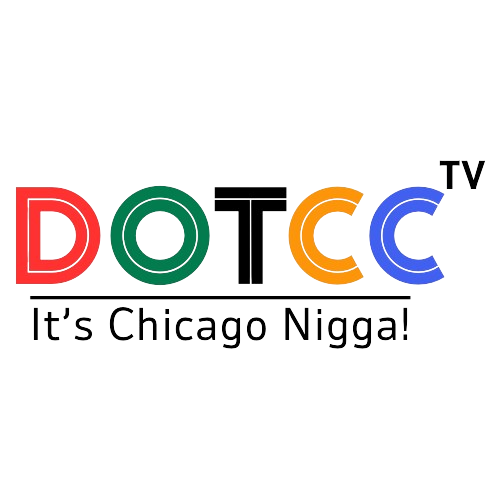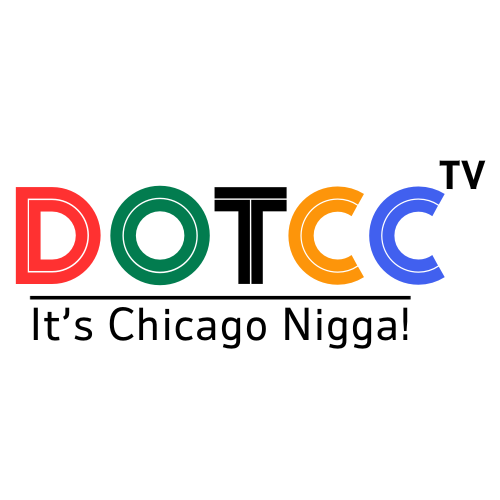TikTok’s China-based mother or father firm might need to promote the favored social media platform. On Tuesday (April 23), the USA Senate handed a invoice requiring ByteDance to divest its stakes in TikTok inside 9 months or face the app being banned from U.S. shops.
Congress included the divestment requirement in a $95 billion safety package deal that gives overseas support to Ukraine and Israel. President Joe Biden has indicated he’ll signal the invoice into legislation. The ban may go into impact as early as January 2025, however Biden can grant an extension.
TikTok presumably shedding entry to the American market would probably have a significant impression on the music business. Many songs grew to become hits because of TikTok customers incorporating the data into dance and problem movies.
Rappers Soulja Boy & Coi Leray Already Addressed Potential TikTok Ban
Acts equivalent to Soulja Boy and Coi Leray beforehand commented on the potential of a TikTok prohibition. In March, Soulja Boy reacted to the Home of Representatives passing a TikTok-related invoice. He joked, “I made 32K in someday this [is] why they tryna ban TikTok.”
That very same month, Leray tweeted, “TikTok is just not a streaming platform. And I by no means checked out it as one. I’m not frightened. So long as you don’t take away Apple Music, Spotify, Soundcloud, Tidal, [Audiomack], YouTube Music, Amazon Music, I’m good. Music and the love I’ve for it, is endlessly.”
ByteDance Will Possible Problem Laws In Courtroom
Republican presidential candidate/former U.S. President Donald Trump backed a TikTok ban whereas in workplace, citing nationwide safety issues, earlier than flip-flopping to blaming Biden for the assumed consequence. If Biden indicators the nationwide safety supplemental package deal, ByteDance will probably problem the statute in courtroom on First Modification grounds.
In November 2023, a federal decide blocked Montana’s try to institute a state ban on TikTok, citing free speech issues. U.S. District Choose Donald Molloy dominated the ban “probably violates the First Modification” and had a “pervasive undertone of anti-Chinese language sentiment.”


:max_bytes(150000):strip_icc()/beef_stroganoff_072_0-1-14b979e7e0e943e0bea96ca93d54ef06.jpg)